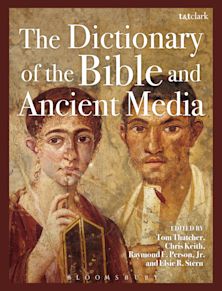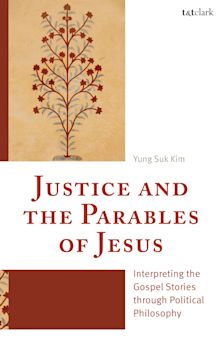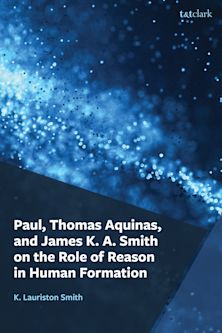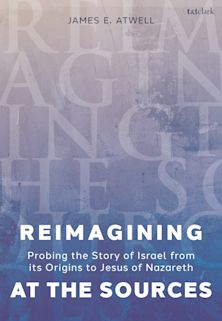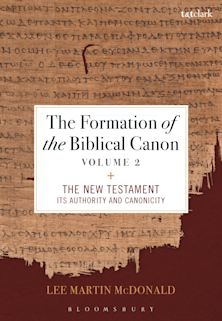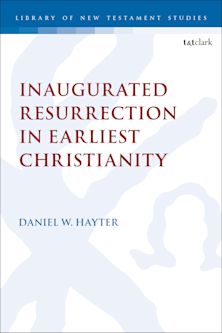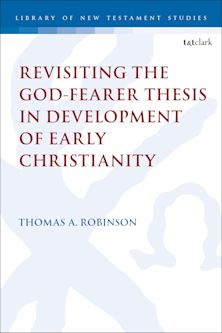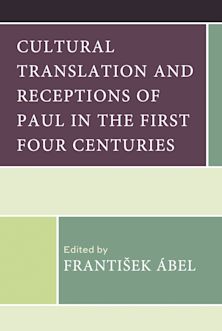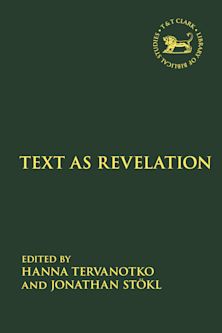- Home
- ACADEMIC
- Biblical Studies
- New Testament
- Letter Hermeneutics in 2 Corinthians
Letter Hermeneutics in 2 Corinthians
Studies in 'Literarkritik' and Communication Theory
Letter Hermeneutics in 2 Corinthians
Studies in 'Literarkritik' and Communication Theory
This product is usually dispatched within 2-4 weeks
- Delivery and returns info
-
Flat rate of $10.00 for shipping anywhere in Australia
You must sign in to add this item to your wishlist. Please sign in or create an account
Description
Having presented a brief history of research on 2 Corinthians, Eve-Marie Becker outlines the process of Paul's communication with the Corinthian community and considers letter-production and letter-reception at the time. She develops a "literary-historical" model for reconstructing the original separate letters (1.1-7.4; 7.5-16; 8--9; 10--13) which were later compiled to form the canonical letter. She defines - by means of linguistics and communication theory - the central theoretical elements for Pauline letter-hermeneutics.
There is a thorough exegesis of those parts of 2 Corinthians in which Paul formulates aspects of his hermeneutics, based on the theory of letter-hermeneutics and on the results of the "literary-historical" reconstruction of the original form of 2 Corinthians. There is also an examination of the reception and interpretation of 2 Corinthians in the early church.
This is volume 279 in the Journal for the Study of the New Testament Supplement series.
Product details
| Published | 15 Sep 2004 |
|---|---|
| Format | Hardback |
| Edition | 1st |
| Extent | 224 |
| ISBN | 9780567083272 |
| Imprint | T&T Clark |
| Dimensions | 234 x 156 mm |
| Series | The Library of New Testament Studies |
| Publisher | Bloomsbury Publishing |
About the contributors
Reviews
-
'Special consideration is given the meta-communicative statemetns such as 2 Cor' Review in International Review of Biblical Studies, vol 51, 2004/05
-
'This book will be of interest to scholars...The author displays an impressive combination of historical, theoretical and exegetical skills. One might disagree with some of her judgments while still learning a lot from the treatment.' Peter M. Head
Journal for the Study of the New Testament














